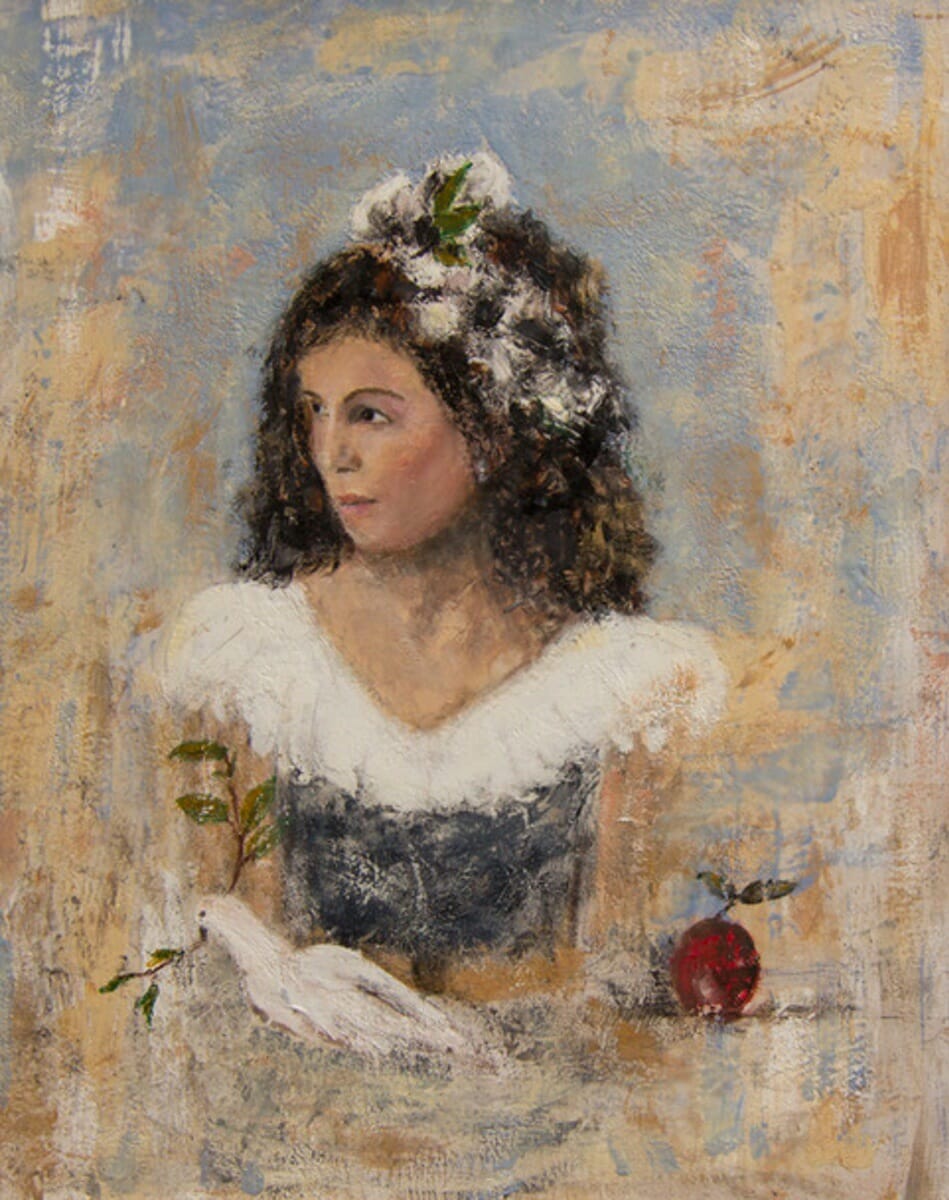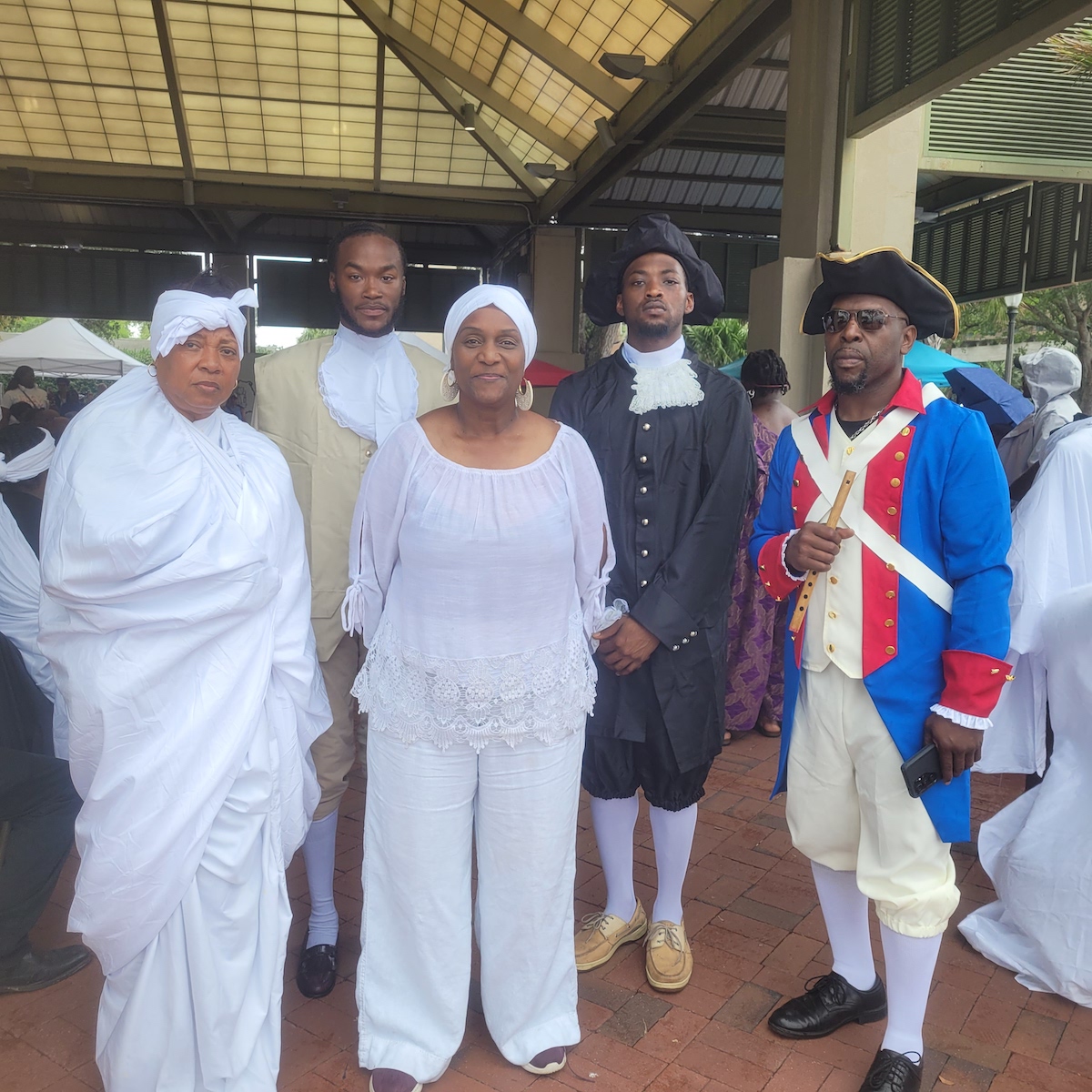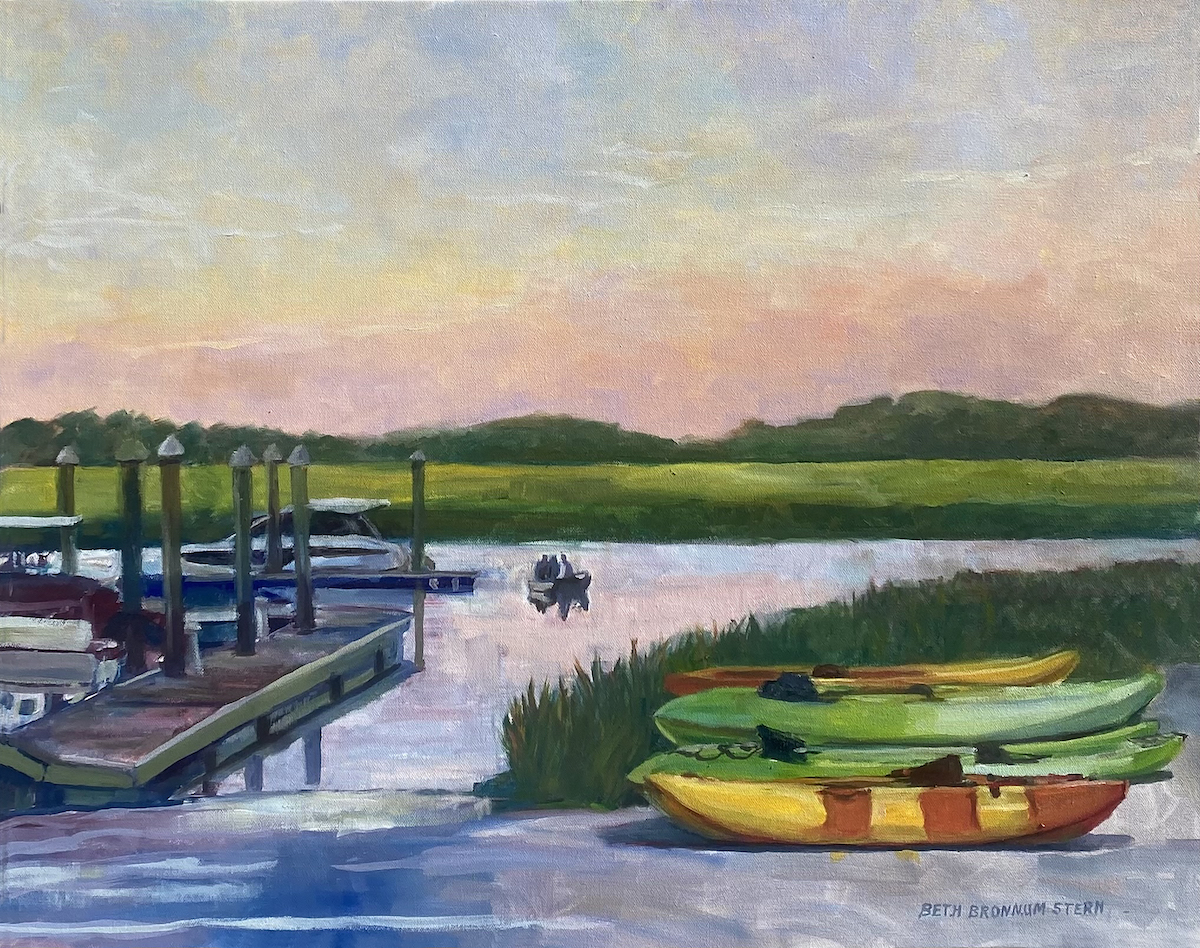David McVicar production reframes opera in modern times
By ALAN SCHUSTER
Best known – until now – for his famous oratorio, “Messiah,” written in 1741, Handel now enjoys acclaim for “Agrippina,” an opera he composed 32 years earlier at the age of 24. Here are a couple of reasons why.
Writes Zachary Woolfe of the New York Times, “This Agrippina – yanked from ancient Rome into a deliciously bleak vision of our time – is played with electric vividness, and starring a guns-blazing Joyce DiDonato. It should put to rest, once and for all, any notion that Handel belongs at the Met less than Verdi, Puccini or Wagner. Bold, funny, magnetic and unsettling through its power struggles, this production musically and dramatically, fills the company’s looming proscenium.”
Another critic of the Met’s Feb. 6 premiere, Opera Wire’s David Salazar, wrote that David McVicar’s production “gave Met audiences what is without any doubt, the intellectual pop hit of the 2019-20 season. It is so full of pop culture references that it can truly hit a wide-ranging audience in one go. It’s a mad romp from start to finish with so much pizzazz that its three hours of music and endless sequence of arias will fly by without you ever noticing. In McVicar’s hands, it feels like the most relevant and powerful of all operas.”
In the title role, mezzo-soprano DiDonato earned superb reviews, among them being “a tiger mom with sass, as ruthless as she is beguiling …” and “… her voice is equally powerful, in complete control, with humour and balance and some stand-out moments of exquisite coloratura.”
Joining DiDonato on-stage will be an all-star cast featuring mezzo-soprano Kate Lindsey as Agrippina’s son (trouser role) and future emperor Nerone; soprano Brenda Rae as the seductive Poppea; countertenor Iestyn Davies as the ambitious officer Ottone; and bass Matthew Rose as the weary emperor Claudius. Harry Bicket, an acclaimed Handel conductor who has led previous Met productions of Rodelinda and Giulio Cesare, takes the lead in the pit, conducting from a harpsicord.
Act I
When her husband, Roman emperor Claudius (Claudio), is apparently drowned at sea, Agrippina plots for her son Nero (Nerone) to be his successor. In fact Claudius has been saved by Otho (Ottone) and the immminent coronation of Nero is abandoned.
Otho arrives and tells Agrippina that Claudius, in gratitude, has appointed him his successor. He also tells her that he is in love with Poppea.
Agrippina, aware that Claudius also loves Poppea, tells Poppea that Otho has agreed to give her to Claudius in return for the crown. She suggests to Poppea that by telling Claudius that Otho has refused Poppea access to him, the emperor will dismiss Otho from the throne.
Act II
Otho claims his reward from Claudius who denounces him as a traitor. He is then vilified by Agrippina, Poppea and Nero.
But Poppea begins to doubt his guilt, and eventually Otho convinces her of his innocence. Agrippina then tells Claudius that Otho is plotting against him and persuades him to appoint Nero emperor.
Act III
Poppea tells Claudius that whereas she once thought Otho had betrayed him, it was Nero, whom she then reveals hiding behind a curtain in her room. Claudius dismisses his stepson, who informs his mother of Poppea’s treachery.
Agrippina confronts Claudius, berates him for succumbing to Poppea’s influence, and claims that Otho loves Poppea, thereby forcing Claudius to summon all three.
He orders Nero to marry Poppea and leaves the succession with Otho, who requests that he might forgo the crown for Poppea’s hand in marriage. Claudius agrees, and blesses Poppea and Otho’s marriage.
Handel sidebars: In one aria, Agrippina becomes a rock diva, singing with a microphone and playing to the audience. At a bar, everyone’s either on their device or on their phone, ignoring each other. One creepy guy is clumsily taking selfies. Claudius practices hitting golf balls during an aria.
And finally, among the principal characters – Agrippina, Nerone, Poppea, Ottone, Claudia, Pallante, Narciso and Lesbo – none of them are tenors. Pure Baroque.
Want to Go?
What: Met Opera’s Live HD broadcast of Handel’s Agrippina.
When: 12:55 p.m., Saturday, Feb. 29
Where: USC Beaufort Center for the Arts, 801 Carteret St., Beaufort.
Tickets: All seats are general admission. Adults $20; OLLI members $18; Students free. Tickets are
available at the box office; order on-line at www.centerforthearts.com; or call 843-521-4145.







